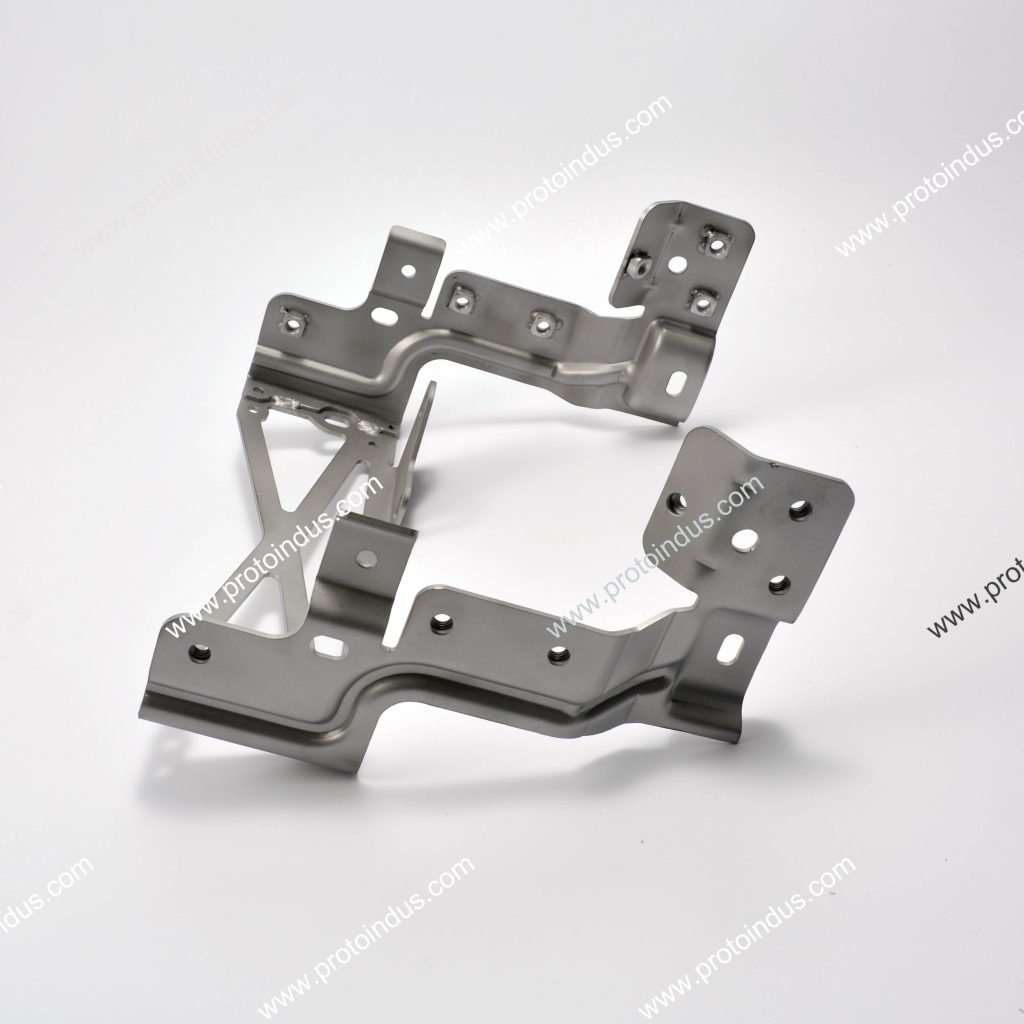When it comes to metal forming projects, one of the most crucial decisions you will make is selecting the right sheet metal material for the job. The choice of sheet metal can greatly impact the forming process and the end results. In this article, we will explore the top sheet metal options available in the market and provide insights into which material is best suited for your specific project needs.

When deciding on the best sheet metal for forming, it is important to consider the properties of each material:
Several factors should be taken into account when selecting the right sheet metal for your forming project:
Steel is a popular choice for forming projects due to its versatility and strength. Different types of steel, such as mild steel and high-strength steel, offer various advantages for forming processes. Common applications of steel in forming projects include automotive parts, structural components, and machinery.
Aluminum is favored for its lightweight properties, making it suitable for applications where weight reduction is critical. It offers benefits such as corrosion resistance and ease of formability. Ideal applications for aluminum sheet metal include aircraft components, automotive panels, and consumer electronics.
Stainless steel is renowned for its corrosion resistance properties, making it an excellent choice for projects requiring durability and hygiene. Forming stainless steel involves careful consideration of factors such as work hardening and springback. Best practices for forming stainless steel include cold working techniques and annealing processes.
Copper is a distinctive sheet metal material known for its electrical conductivity and aesthetic appeal. It is commonly used in electrical applications, plumbing fixtures, and decorative elements. Working with copper in forming processes can present challenges such as material softness and springback issues.
Titanium offers a high strength-to-weight ratio, making it a preferred material for applications that require strength and durability. It is often used in aerospace components, medical implants, and marine structures. Forming titanium requires specialized techniques to mitigate issues like work hardening and tool wear.
Brass is valued for its visual appeal and malleability, making it a popular choice for decorative applications. Forming brass involves techniques such as bending, stamping, and machining. However, working with brass can be challenging due to its tendency to work-harden and develop surface discoloration.
When selecting the best sheet metal for your forming project, consider the specific requirements and constraints involved. Budget considerations, project specifications, and expert recommendations play a crucial role in determining the optimal material choice. Consulting with industry professionals and conducting thorough research can help ensure the success of your forming project.